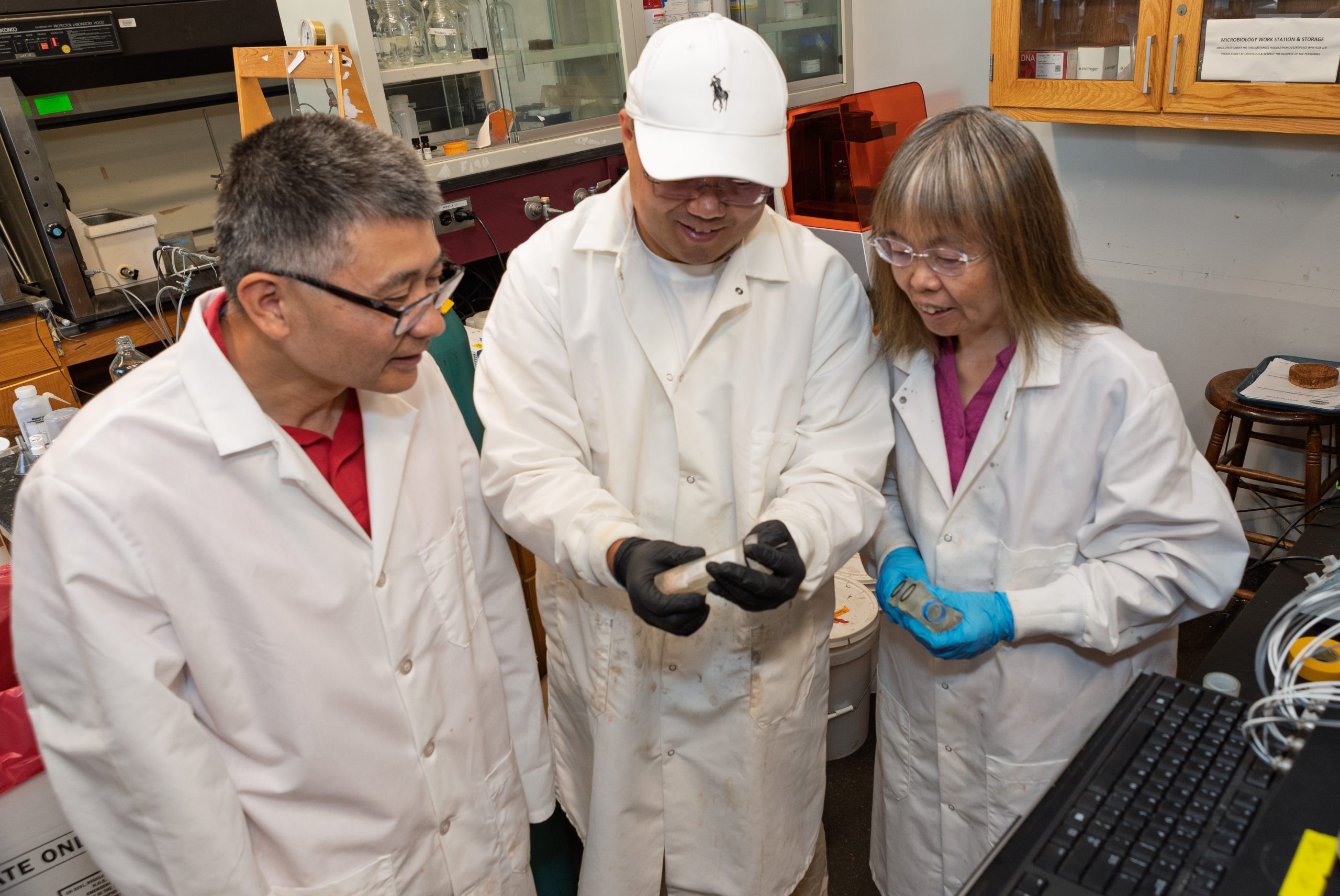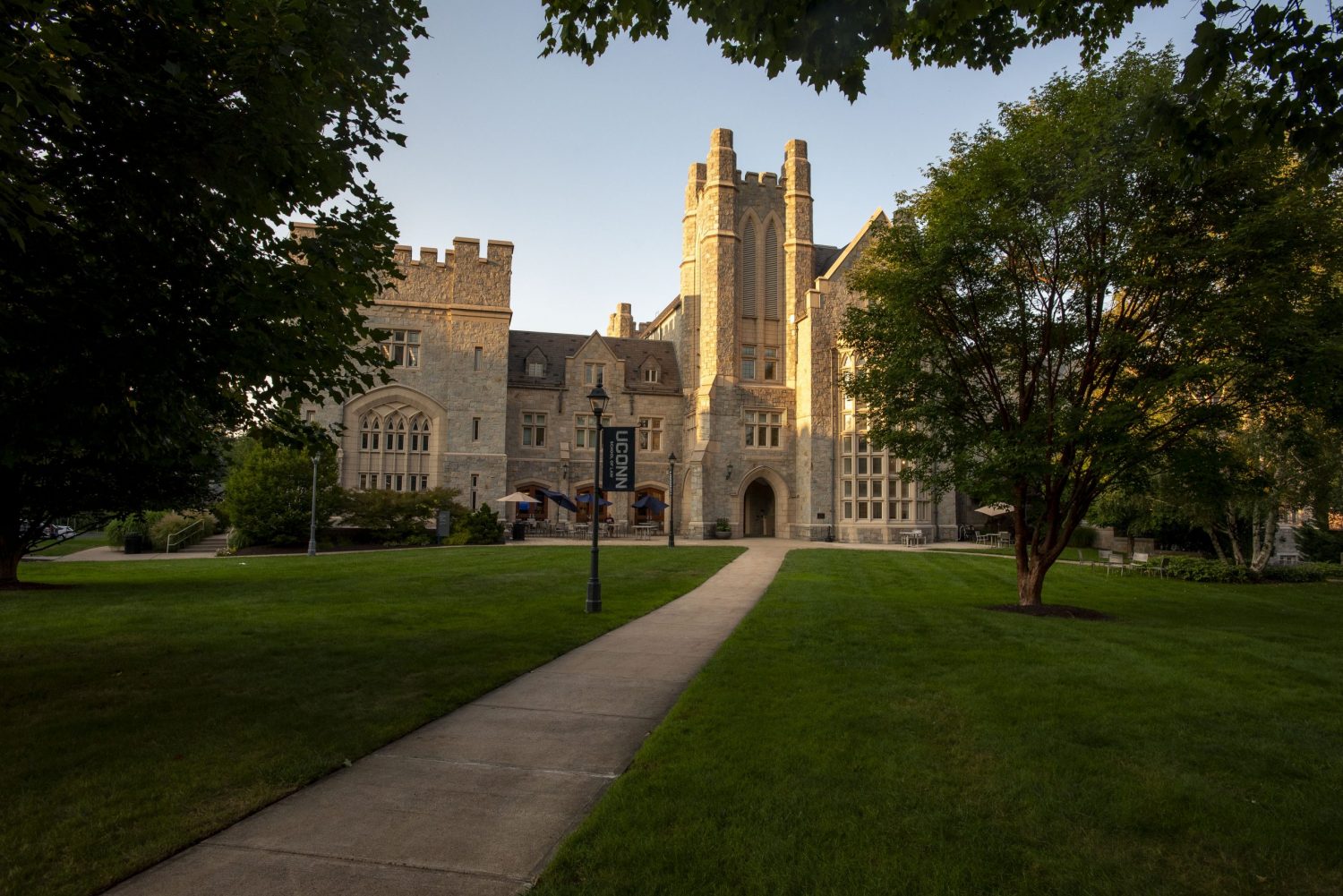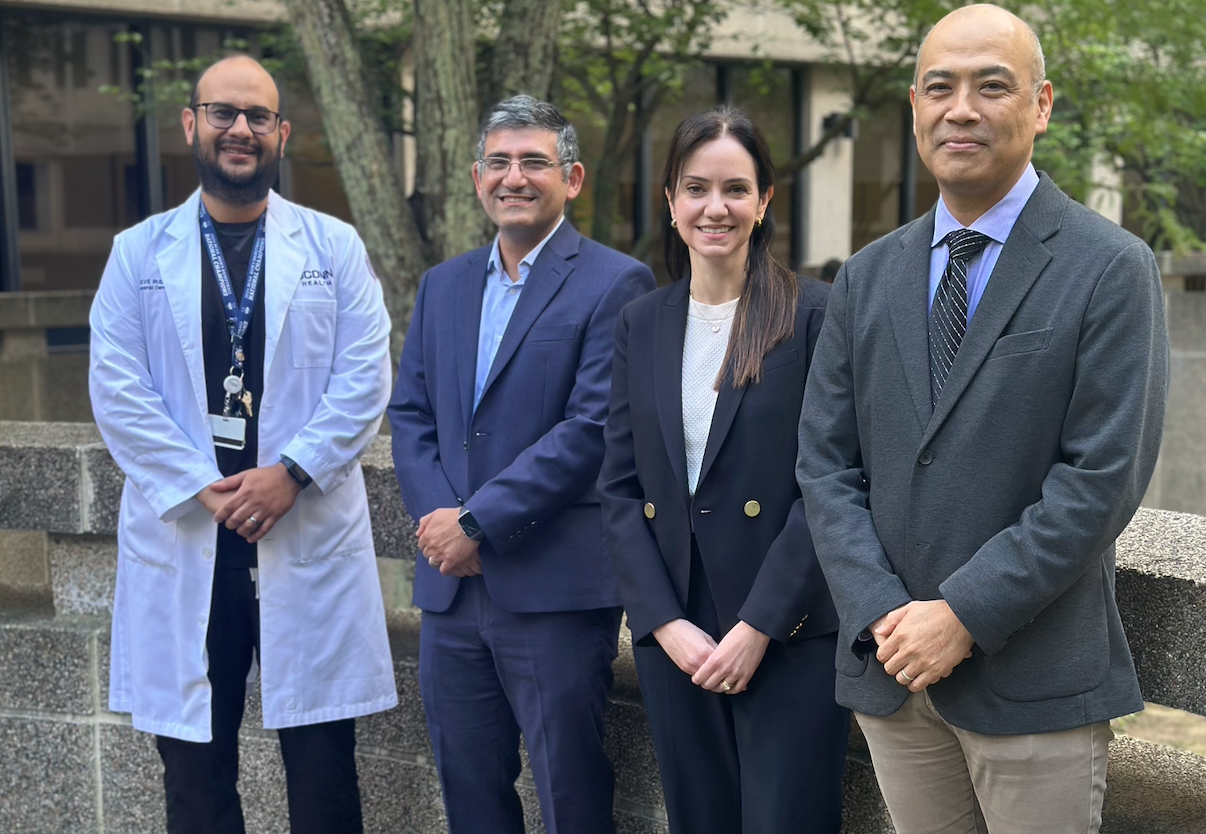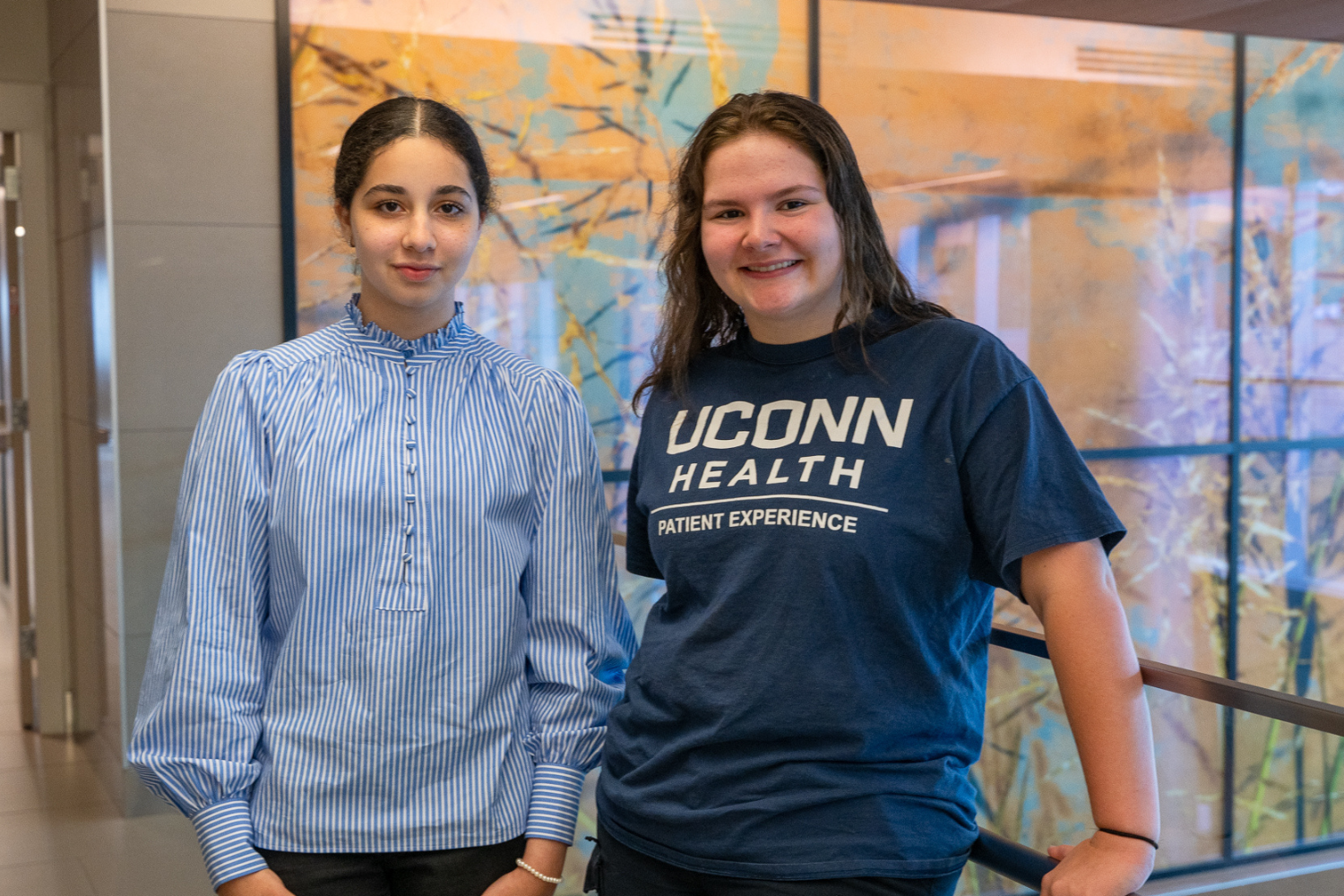Smart Water Sensors Help Preserve Clean Water Supplies
As the world’s clean-water supply continues to diminish, researchers are pursuing various methods for effective wastewater treatment and monitoring. Even as monitoring technologies become more sophisticated, there are abundant challenges to maintaining water quality, recovery and processing.
A consistent barrier has been the failure of water sensors to adequately and reliably monitor water quality and particulates over long periods of time. Some sensors last for extremely short durations due to the chemicals, bacteria and biological agents present in the water and the sensitivity and longevity of the materials used in the sensors. There’s also the human factor – water monitoring is labor-intensive, technically demanding and requires a significant amount of maintenance. And the costs, both in terms of labor and materials, hinder research efforts and implementation.
In addition to monitoring requirements, many of today’s sensors also require tedious calibration and recalibration, says Baikun Li, professor, civil and environmental engineering, in UConn’s College of Engineering (CoE). She and a team of CoE researchers have been developing “smarter,” more sophisticated and durable sensors with far more decoding and analytical capabilities than the variety of simpler sensors typically being used in water monitoring.
“We are developing smart sensors, specifically for nitrogen species in municipal wastewater, with more accuracy and stability than existing wastewater sensors, utilizing components and technologies that do not need tedious calibration,” Li explains. “We are building our smart sensor prototype at CoE, targeting calibration-free long-term monitoring in wastewater.”
These sensors, Li adds, feature high sensitivity, increased selectivity, anti-fouling capabilities, miniature configuration, low-detection limits, and AI-powered self-calibration capabilities.
The team also is developing sensor technologies with agricultural and soil monitoring applications. That work includes hydrogel-coated sensors for soil monitoring to minimize fertilization and environmental impacts, especially for agricultural uses. Additionally, they are creating sensors for monitoring mineral waste in brine pools, including sensors that can be used for helping with lithium extraction. And they are developing sensor AI technology to further advance sensor accuracy and to provide useful data and information for end users that can be directed into training and accurate, timely decision making.
Li has been collaborating with Professor Yu Lei’s lab in CoE’s chemical engineering department, where they are modifying both sensor materials and sensor data processing algorisms. They have extensively tested their sensors in wastewater, she says, and are working with industrial partners for sensor prototype demonstrations, including establishing a startup, We-Sensing LLC, with Li’s post-doctoral researcher, Xingyu Wang, to commercialize their sensor technology.
“Our water, wastewater and soil sensor research is not just about sensors,” Li says. “It relates to emerging research and innovation in fields including environmental, energy, resource recovery, material development, and human health. We have formed close, collaborative forums across multiple departments and schools here at UConn. Our frontier sensor research is a perfect example of transforming fundamental scientific principles into real-world applications to benefit human life and societal quality.”
Latest UConn Today
- Diane W. Whitney ’85 JD Elected to UConn Board of TrusteesWhitney is set to serve a 4-year term
- Five UConn Law Faculty Members Honored with Named ProfessorshipsThese appointments celebrate individual contributions while affirming UConn Law’s dedication to shaping the future of law and justice.
- School of Dental Medicine Announces Faculty PromotionsFour faculty members received promotions
- High School Students Gain Hands-On Experience Through UConn Health’s Summer Volunteer ProgramThis summer, 65 high school students joined UConn Health through the Summer Student Volunteer Program, gaining real-world experience, supporting patients and staff, and exploring future careers in health care.
- Connecticut Releases its Occupational Disease Annual Labor Day ReportLatest data analysis of UConn School of Medicine expert shows Connecticut’s occupational disease cases are over 31,000 annually
- UConn Student Represents US in UN Global Youth StatementYouth climate leaders work together to ensure their voices are heard by the world













